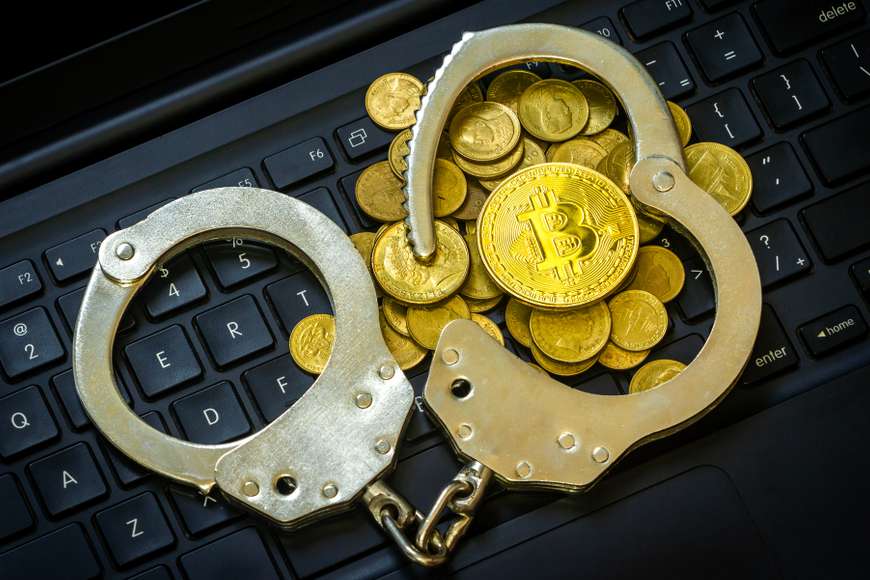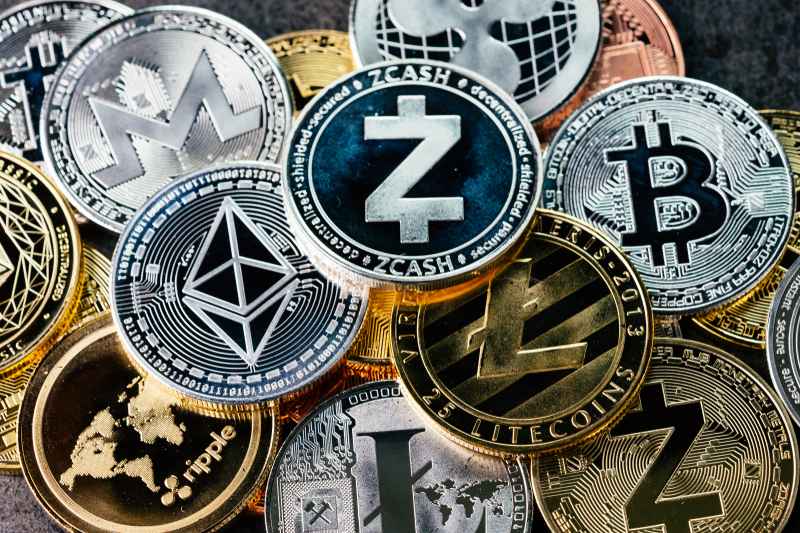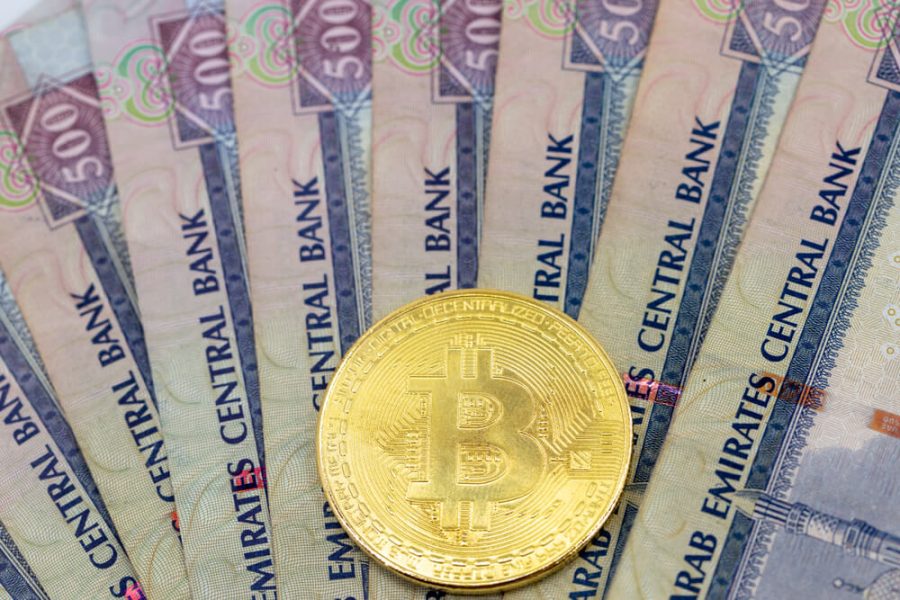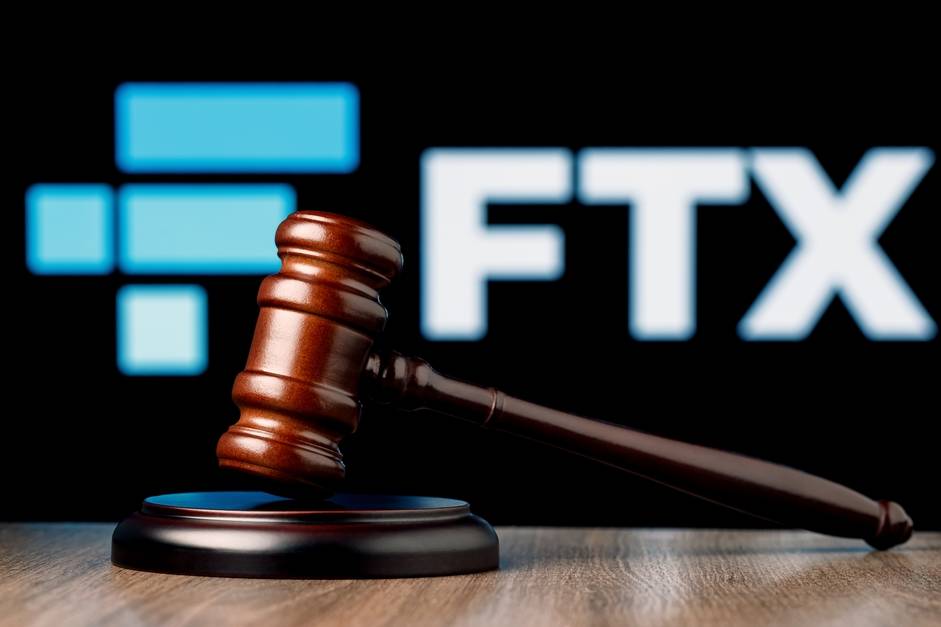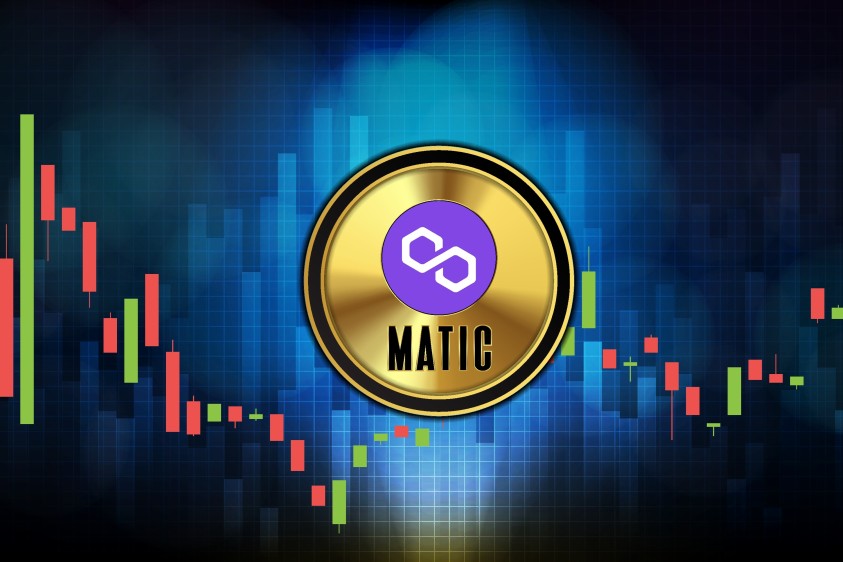David Dohmen from the world’s biggest Bitcoin and Ether options exchange, Deribit, said it is making plans to relocate to Dubai. The city is already home to several crypto companies including some of the largest crypto exchanges, including Binance, OKX, and others. But has Dubai done enough to be able to stake claim as the crypto capital of the world?
The news of Deribit’s relocation comes not long after the United Arab Emirates introduced a new regulation to govern digital assets.
Earlier in January this year, the UAE Cabinet introduced a new regulation and the creation of an independent regulatory authority specifically for virtual assets and virtual asset service providers.
This decision helped establish the country’s first regulatory regime for the cryptocurrency space at the federal level, adding another layer of oversight to the UAE’s virtual asset sector.
Recognizing the risks virtual assets can pose to investors, the new regulation is designed to both protect investors and to supervise the industry.
A positive environment
Incidents in 2022 such as the collapse of the stable coin Terra, and the fall of FTX, one of the largest crypto exchanges, showed that crypto companies operating in a regulatory vacuum could potentially put investors at risk, and cast a negative light on the whole industry.
An analysis of the FTX collapse and the subsequent contagion helped the industry recognize the importance of a regulatory framework for the sector to ensure that such events can be minimized, if not completely eradicated, in the future.
By introducing the federal level regulation, the UAE has taken a major step to pitch itself as a robust regulatory environment, even as most of the jurisdictions around the world, including the US and Europe are still operating in a regulatory vacuum.
To that end, the UAE Cabinet said that the regulation would help UAE pitch itself as an attractive economic and financial investment environment for international companies and institutions that operate in the virtual assets sector.
Even before the federal level regulation, there were several supervisory initiatives for virtual assets in various parts of the UAE, most notably Dubai’s Virtual Asset Regulatory Authority (VARA), which was introduced in May 2022.
Warm and welcoming
According to reports, the Middle East & North Africa’s crypto markets grew more than any other region in 2022, thanks to the region’s crypto-friendly environment.
“In recent years, we have seen the UAE government introduce pioneering regulations that are helping accelerate the adoption and utilization of cryptocurrencies in the country,” noted Kim Grauer, Director of Research at Chainalysis, while revealing the figures. “Dubai has become a hub for crypto companies that serve customers not just in the Middle East, but all across Asia and Africa,” she added.
The lawmakers hope the new federal regulation will help propel the region as an even more attractive avenue for crypto companies.
The same was again echoed by Deribit’s Dohmen who was quoted as saying that the platform has had a number of clients tell them that they would feel more comfortable trading on a crypto exchange that operates under the aegis of a regulatory body.
He added that the exchange felt that the regulatory regime in Dubai was more tailored to crypto than any other jurisdiction, with the government appearing keen to welcome crypto as a product.
Disclaimer: This article is based on publicly available information and should not, in any way, be considered financial advice.


